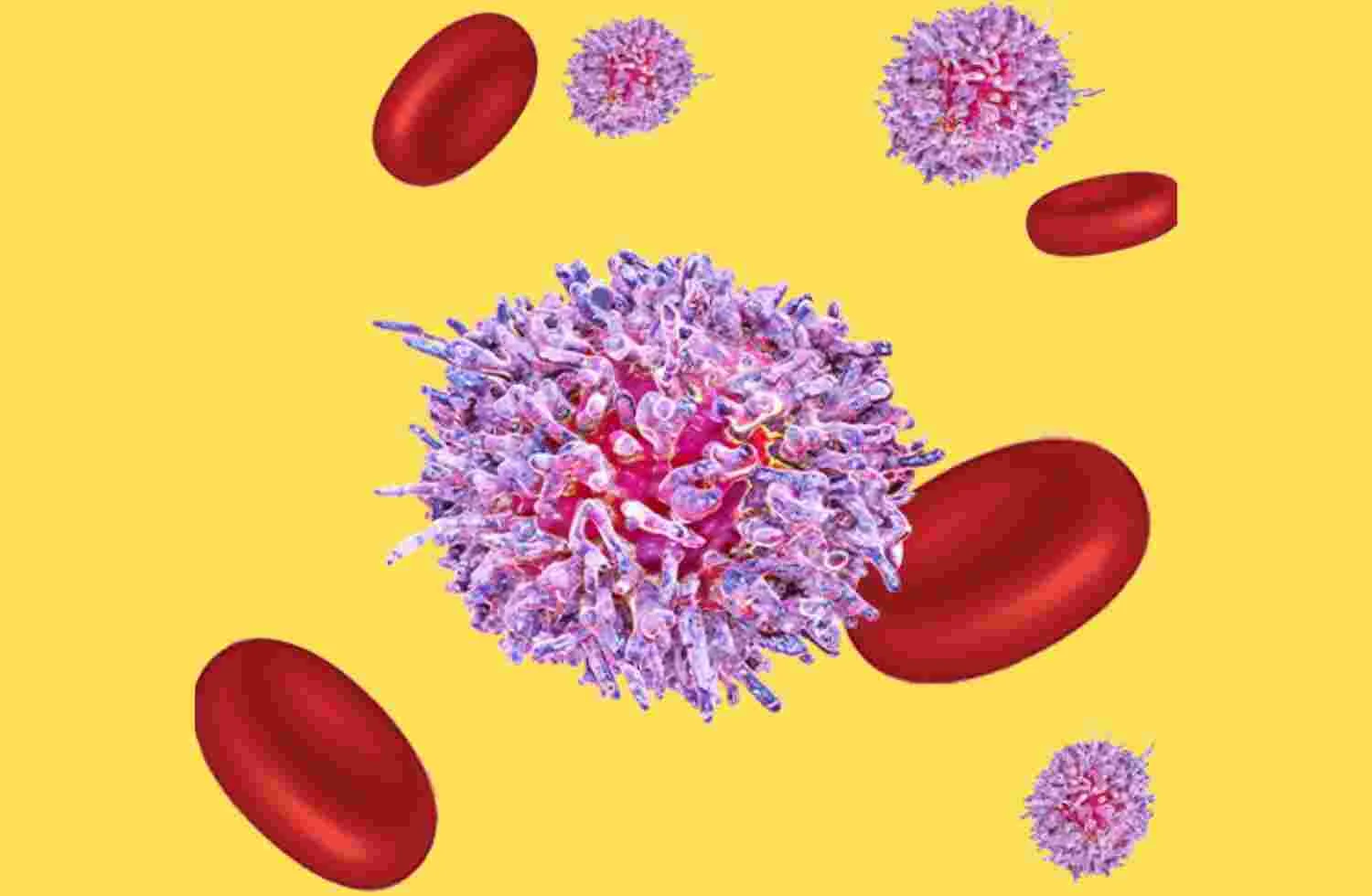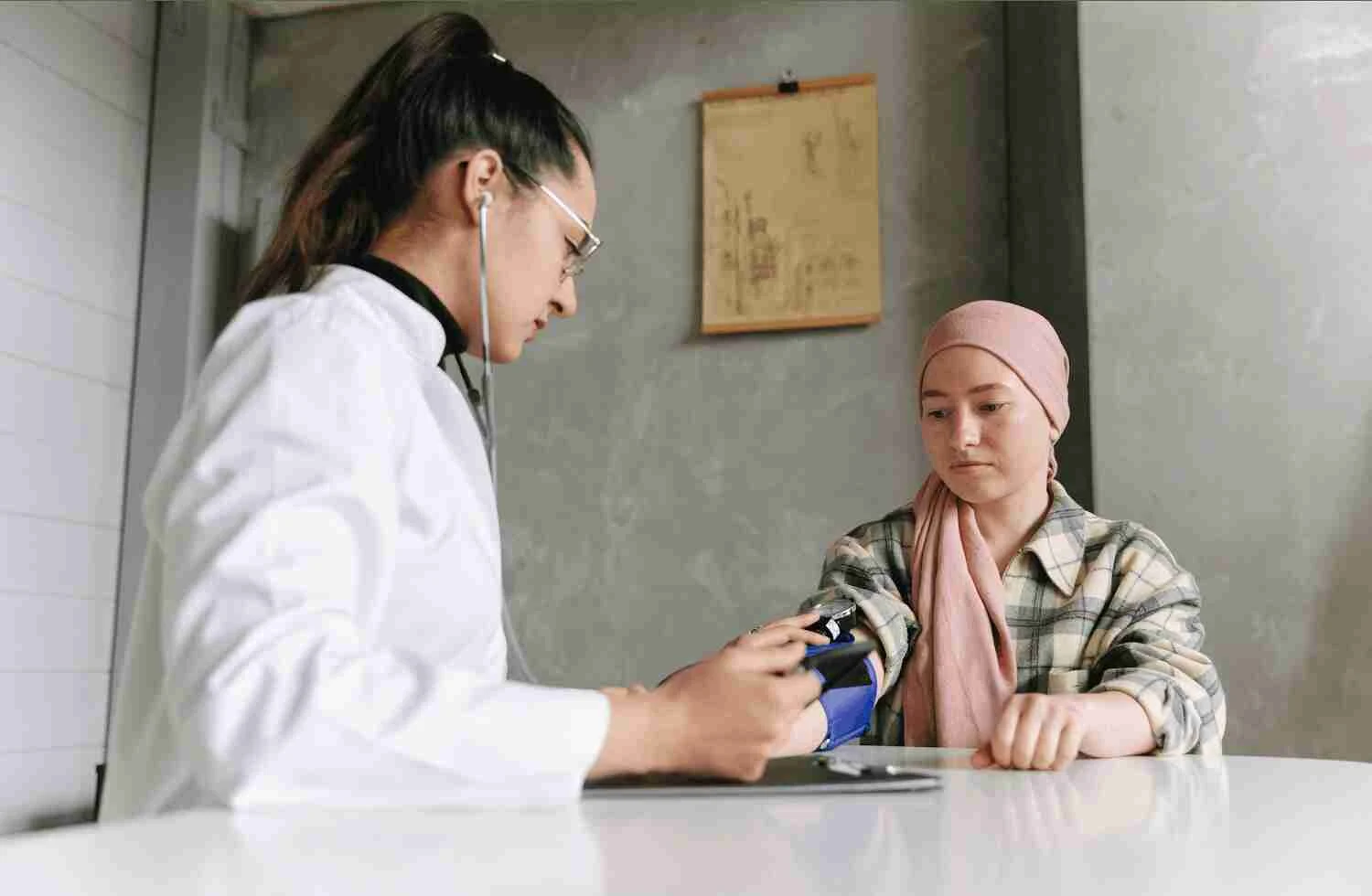Screening for unusual blood cancer types in adults.
A wide range of diseases affecting the blood, bone marrow, and lymphatic system are called blood cancers, also known as hematologic malttreatment
Rare forms of blood cancer exist, and while some forms are well known and researched in great detail they pose particular difficulties in diagnosis and treatment.
In this post we'll examine some of the rarer blood cancers in adults, including their symptoms, diagnosis, and possible treatments.
Rare types of blood cancer in adults.
Leukaemia with hairy cells (HCL)
Hairy cell leukaemia (HCL) is an uncommon blood malignancy that grows slowly and is characterised by the abnormal formation of B cells in the bone marrow.
Under the microscope, these B cells are visible in hairs because of the small projections on their surface. Symptoms of HCL usually include weakness, tiredness, and frequent infections.
Targeted therapeutic advancements have greatly improved patient outcomes, even though HCL is still regarded as a chronic illness.
Myelofibrosis (PMF) in primary care
Primary myelofibrosis is an uncommon type of chronic leukaemia that gradually scars the bone marrow, impairing the bone marrow's ability to produce red blood cells.
Anaemia, an enlarged spleen and bone troubles are among those symptoms. Which PMF patients may have to face? In some situations, the disease can even turn into acute leukaemia.
Medication to control symptoms, stem cell transplantation, and new targeted therapies that block particular biochemical pathways in the disease process are among the treatments available for PMF.
Neoplasm dendritic cells including blastic plasmacytoid cells (BPDCN)
Plasmacytoid dendritic cells, immune cells that help defend the body against infection are the source of BPDCN, an aggressive form of blood cancer.
Skin lesions, enlarged lymph nodes, and bone marrow involvement are common presentations of this uncommon cancer.
With conventional chemotherapy regimens, BPDCN primarily affects older individuals and has a dismal prognosis.
However, current research on immunotherapy and targeted drugs is promising for better outcomes in this difficult condition.
Problems in diagnosis and ttreatment
Because of their uncommon occurrence and clinical features that match those of more prevalent hematologic diseases, rare forms of blood cancer can be particularly difficult to diagnose in adults.
A combination of imaging scans, clinical examinations, laboratory tests, and bone marrow biopsy may be employed to provide an accurate diagnosis.
Typically, a multimodal approach is employed to treat these uncommon blood malignancies; the specifics of the disease and the condition of the patient will determine the use of immunotherapy,
Chemotherapy, targeted medicines, and stem cell transplantation.
Conclusion
While adult patients with uncommon types of blood cancer face special diagnostic and therapy barriers, advances in immunotherapy,
Targeted therapy, and genetic profiling are increasing the range of treatment options and improving the prognosis for affected individuals.
Research efforts must continue to uncover the molecular pathways behind these uncommon cancers to improve our understanding of them and create more powerful treatments to fight them.
A higher quality of life and improved outcomes are possible for individuals with uncommon blood malignancies when physicians, patients, and researchers work together.



